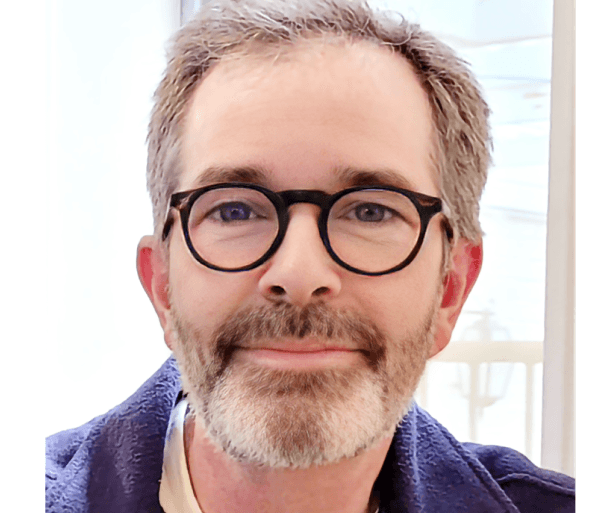About Us
The Samuelson-Glushko Canadian Internet Policy and Public Interest Clinic (CIPPIC) is Canada’s first and only public interest technology law clinic. Based at the University of Ottawa’s Faculty of Law, our team of legal experts and law students works together to advance the public interest on critical law and technology issues.
Our Mandate
Our mandate has three inter-related components:
- We speak up for the public interest when key decisions about technology law and policy are being made by Parliament, the courts, regulatory agencies, international bodies, and private companies;
- We provide pro bono legal counsel to clients with technology law matters that implicate the public interest; and
- We develop public education materials and resources on technology law and policy issues.
- CIPPIC was established in 2003 and is one of five technology law clinics across North America to benefit from the generous financial support of Prof. Pam Samuelson and Dr. Robert Glushko. Learn more about how you can support CIPPIC’s public interest mission by making a tax-deductible donation.
CIPPIC acknowledges that its offices are located on the unceded territory of the Algonquin Nation.
CIPPIC Staff

David Fewer
David Fewer is an intellectual property and technology lawyer who brings over twenty-five years of experience to CIPPIC's advocacy on intellectual property and technology law files. Prior to joining CIPPIC, David practiced with national firms in British Columbia and Ontario and clerked with the Federal Court of Canada. He completed an LL.M. at the University of Toronto, where he wrote on intellectual property policy and the application of the Charter to copyright law. He has taught and written extensively on intellectual property and technology law issues, and is a frequent commentator in the media on such issues.
Case and project selection
We select projects and cases by weighing various considerations including our resources, our expertise, the relevance of the matter to our mandate, and the appropriateness of the matter for student work. If you are interested in working with us on a case or project, plese contact us at admin@cippic.ca
Student participation
CIPPIC balances its public interest mandate with its responsibility to train the next generation of lawyers. uOttawa law students can participate in CIPPIC as volunteers, for course credit, as summer interns, or as articling students. Find out more on our Student Participation page.
Funding
CIPPIC was established in 2003 with proceeds from a class action lawsuit against Amazon.com, which a judge ordered to be given to the University of Ottawa to start a law clinic to advance the public interest on key technology law issues. These court-ordered funds were matched by an Ontario Government initiative to support technology-related research at several Ontario Universities. In 2007, CIPPIC received a transformative gift from Prof. Pam Samuelson and Dr. Robert Glushko of the Berkeley, California, that allowed it to become a leading voice in Canadian and international technology law and policy discussions.
CIPPIC relies on the generous contributions of individual donors to maintain and expand its operations. Please visit our Donations page to make a tax-deductible contribution to us today, or reach out to Vivek Krishnamurthy, our Director, to discuss funding opportunities.
